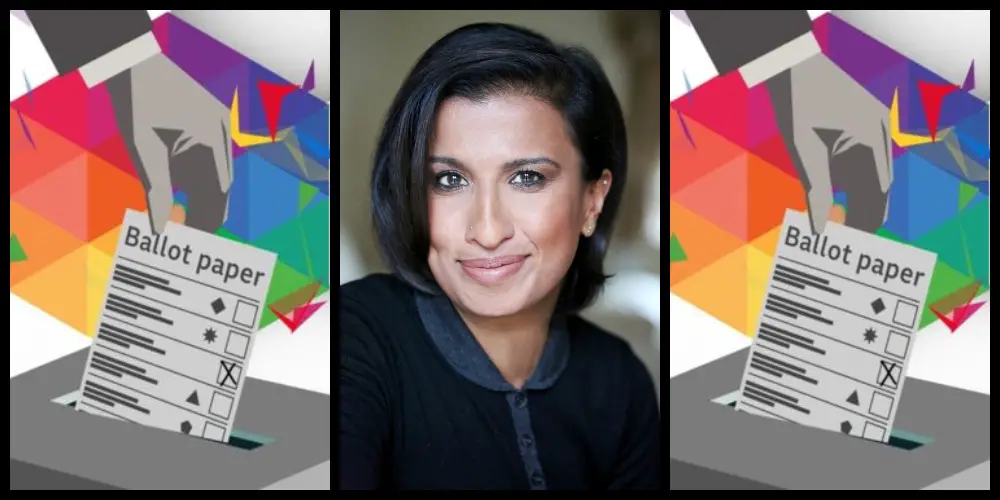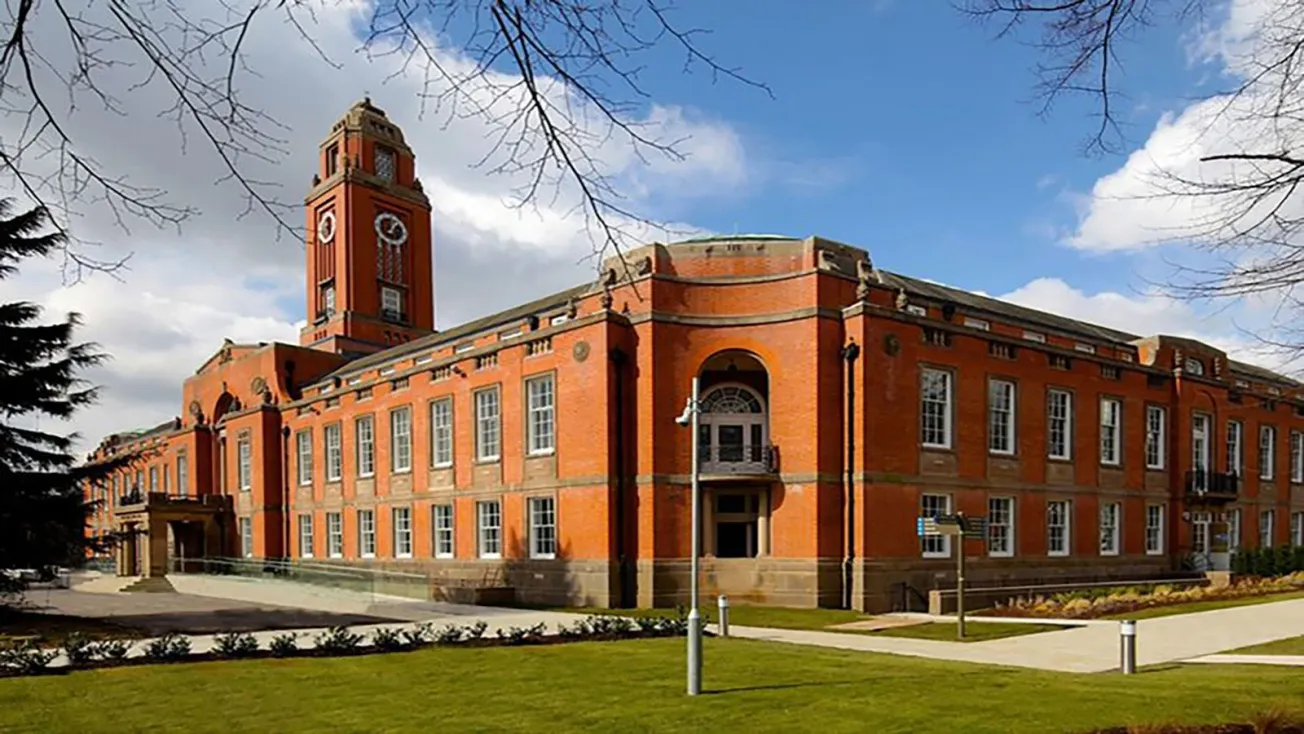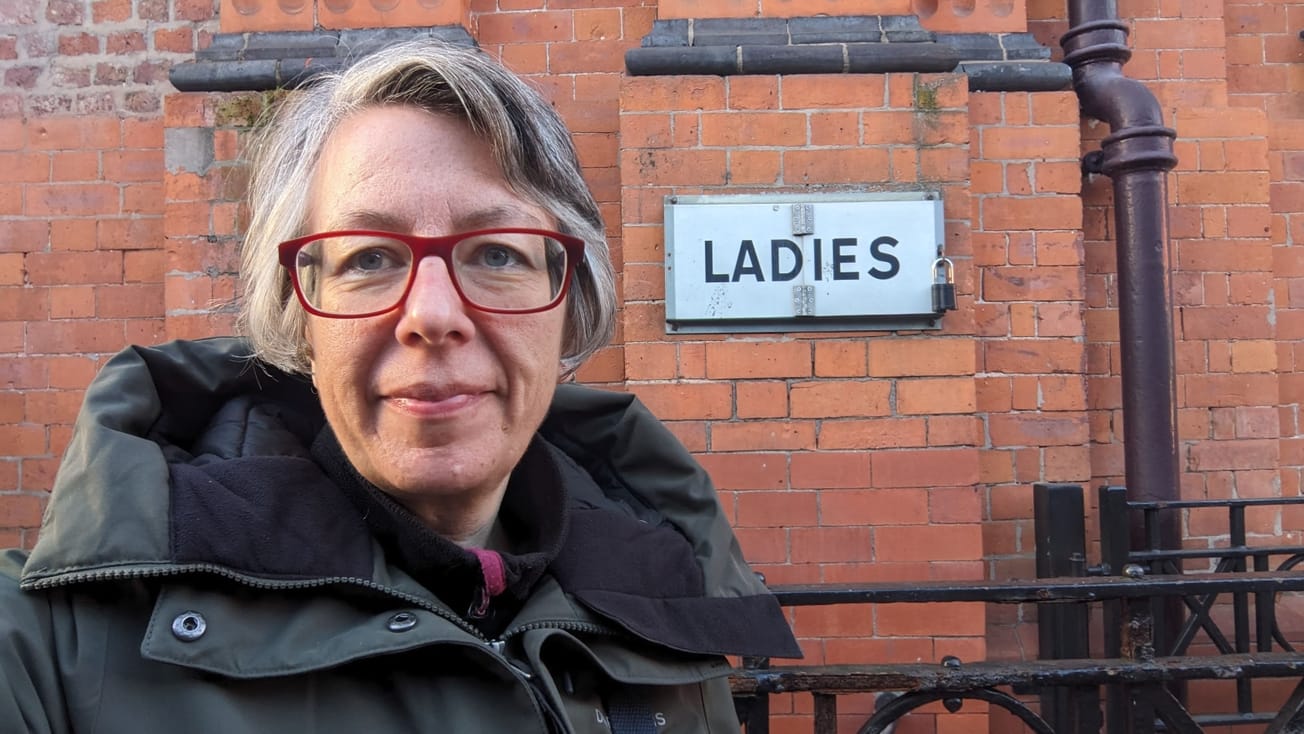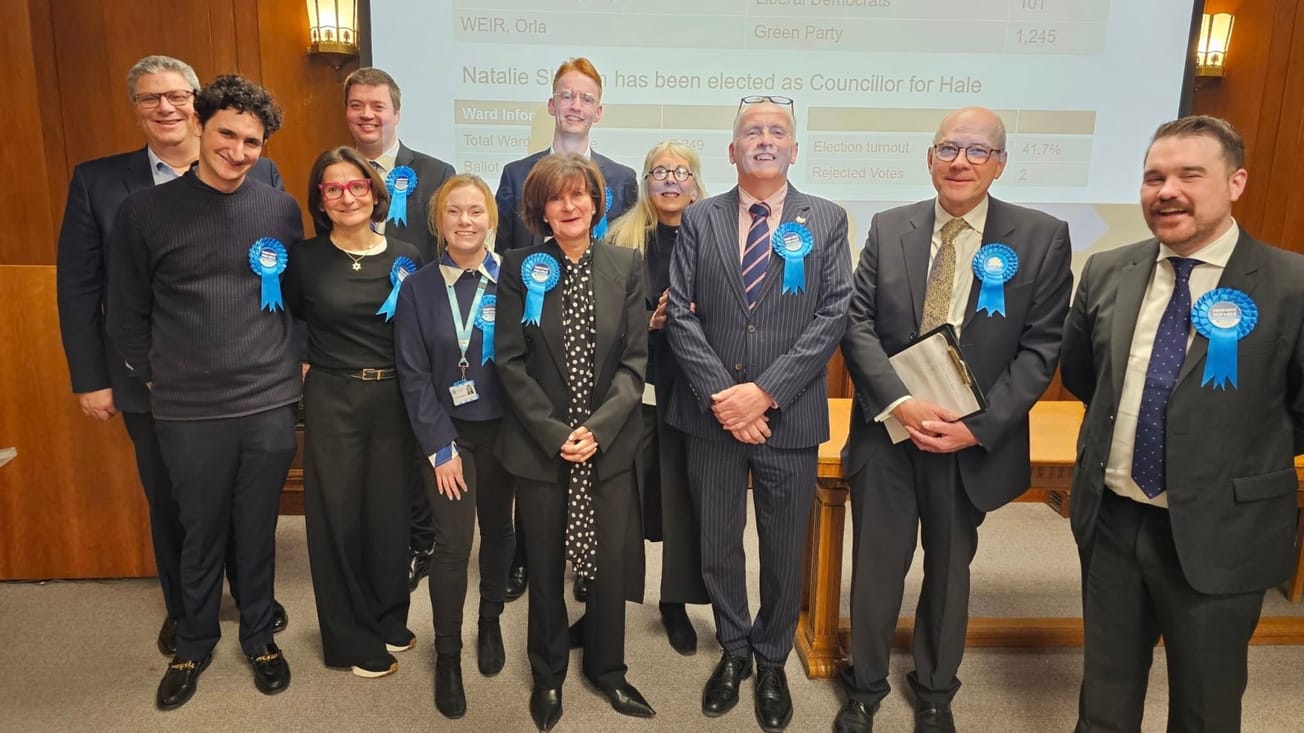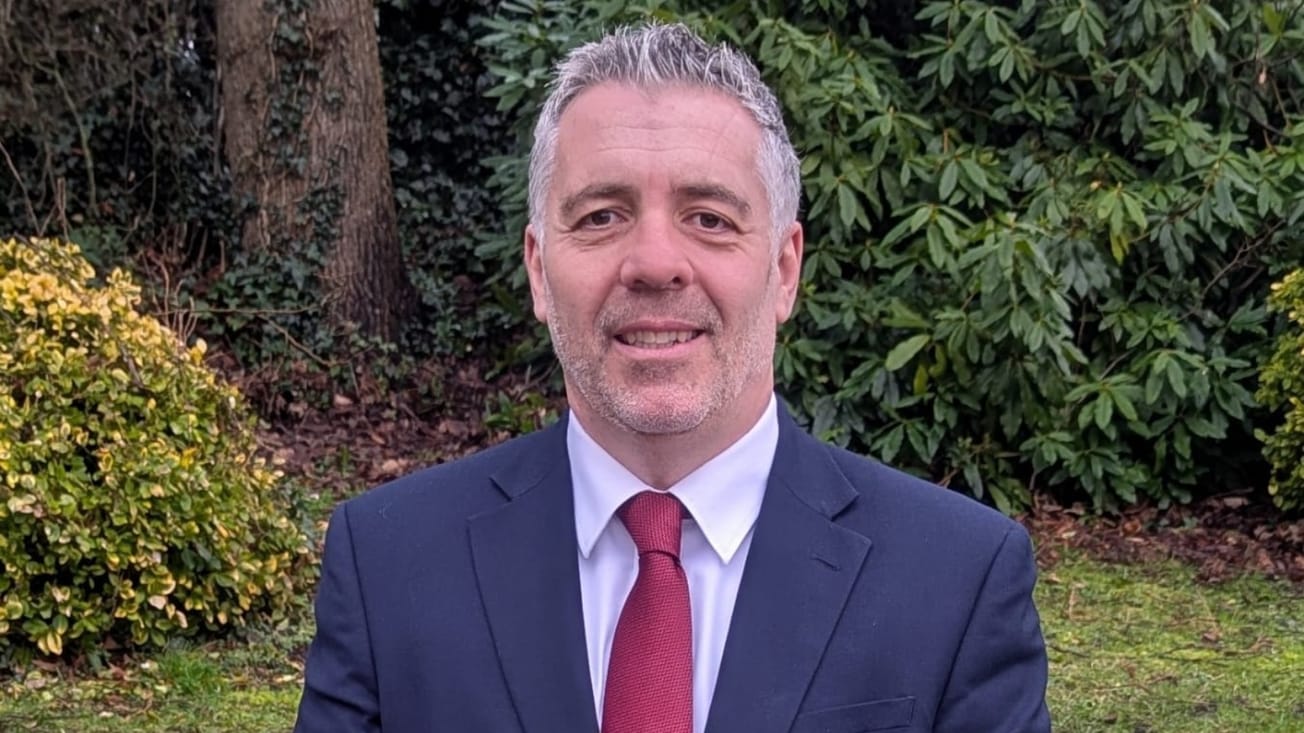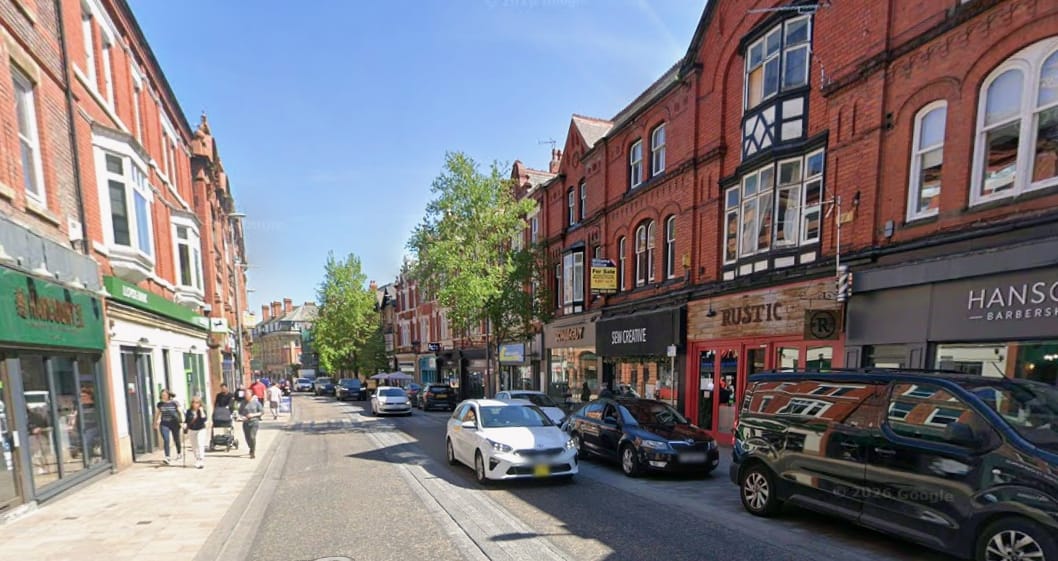This week we’re asking the six general election candidates for the Altrincham & Sale West constituency for their views on certain key issues.
Last week we asked our Facebook community for the questions they’d ask the candidates: Sir Graham Brady (Conservative), Geraldine Coggins (Green), Angela Smith (Liberal Democrat), Andrew Western (Labour), Neil Taylor (Liberal Party) and Iram Kiani (Independent).
We’ve selected a shortlist using a mix of questions that were upvoted by the community and questions that ensure the candidates cover as broad an array of topics as possible.
Each candidate has then had a few days to come up with their answers to the same set of questions.
All their responses can be found here.
Today it’s the turn of Independent candidate, Iram Kiani.
DAN McMULLAN: What are the candidates’ views on assisted dying for the terminally ill – this is a topic which I’ve not heard any party talk about but is a matter a significant number of people believe needs looking at again.
IRAM KIANI: You’re right, Dan, there hasn’t been much mention of this issue nor of many others that matter to us, mainly because of the all-encompassing focus on Brexit. Let’s not forget this is a general election, not a referendum on Europe. A poll conducted earlier this year suggested that over 90% of people in the UK supported legalising assisted dying for the terminally ill. Whilst I would hope none of us ever finds our self in the position of having to consider this option, the reality is that more of us than we would wish will. In that situation, I believe that it’s important for people to have a choice, as to whether they want to live with the terminal condition they have or not.
As such, I would support legislation that enabled this, but only after I had been assured, through a thorough consultation, both within the medical profession and without and after balanced consideration of the possible abuses of the system, that such law could be safely applied and support the interests of the person wishing to use it.
VITTORIA ELISA: Will you protect Green Belt land in the area?
IRAM KIANI: I will do my absolute best, Vittoria, to protect Green Belt land wherever possible. Our approach should be to develop brownfield land first and to ensure that local areas such as Carrington Moss, which is home to endangered wildlife and is a carbon capturing peat bog, are preserved and protected. Having said that, we have to balance the preservation of Green Belt land against the clear need for more housing in the constituency and wider area, particularly social housing. As such, there may be occasions when there are difficult decisions to make as to whether we preserve green belt land or house people – and I would, in such circumstances, prioritise the need for housing.
NICK ROBINSON: What, in your view, are the causes of us needing to have five food banks in one of the richest constituencies in one of the richest countries in the world?
IRAM KIANI: Our constituency is not all rich, Nick; it has some affluent areas, no doubt, but there are less well off parts that have suffered immensely and disproportionately because of the austerity imposed by the Lib Dem/Tory coalition and this has no doubt contributed to the need for food banks here. In particular, Universal Credit has a lot to answer for: it’s a clearly flawed system which leaves those most in need unable to budget as the benefits they receive fluctuate from month to month and, from the money they do get, deductions are made at an unaffordable rate, leaving them with little to live off and therefore dependent on services such as food banks. We need either to reform or replace this system and provide more social housing with affordable rents so that those most in need are able to look after themselves and their families.
JAMIE BUCKTON: With the large increase in crime around the constituency over the last couple of years, what are your plans to tackle it?
IRAM KIANI: In order for us to tackle the increase in crime, Jamie, we need to understand why it’s happening. To a large extent, it stems from the cuts made to frontline services as a result of the policy of austerity imposed by the Lib Dem/Tory coalition, including cuts to the police, youth services and mental health services. In addition, the growth in the use of social media, particularly amongst the younger generations, has contributed to vulnerable people being drawn into crime and led to the quick escalation of disputes into violence.
Given this, I would support:
- reversing the cuts to the police and providing additional community officers embedded into the local area (there’s clear evidence that having officers who understand the local community can help to reduce crime as they can deliver tailored interventions based on their local knowledge);
- providing more funding for youth and community services to increase the numbers of safe and supported spaces in which young people can congregate and be helped to develop in a positive way;
- an increase in funding for mental health services so that the current situation, where the police are having to deal with cases involving mental ill health, taking them away from dealing with crimes, is resolved; and
- conducting a thorough review of social media with a view to deciding whether regulation around the area is required.
SARAH SCOTT: Given Altrincham and Sale West is a Remain voting area, how will you represent your constituents on the Brexit issue?
IRAM KIANI: I did vote to Remain, Sarah; however, I believe we need to honour the result of the referendum – but with a better deal than the one currently on the table – and leave the EU. For me, as a Remain voter, this represents an acceptable compromise through which we can respect the outcome, but seek to retain a good relationship with the EU, working with it closely on matters such as security and seeking better guarantees as to trade, something the current government has failed to do.
I recognise that this doesn’t necessarily accord with the views of many in the constituency, but the referendum was a national vote, not a local one – and the majority of constituencies in our country voted to leave. Unfortunately, an MP can’t possibly satisfy everybody and, as a representative, they have to make judgment calls bearing in mind the national interest as well as the local. It’s my judgment that we can get a better deal and we should do so and move on, otherwise the divisions in this country will not go away and we won’t deal with the issues that matter, such as education, the NHS and climate change.
KATIE SALINGER: I’ve seen manifestos from the parties with details of what each party will deliver. A lot of those promises are longer term, and outside of the immediate 5 year fixed term. What promises are you making for the immediate 12 months after your election in our constituency?
IRAM KIANI: As an Independent candidate, Kate, I’m pledging to constituents that I will work with other MPs, regardless of their political persuasion, to drive forward the change this country and our constituency needs.
If I am elected, then, in the first 12 months, I promise that I will work with others to:
- get a better deal from the EU;
- reduce crime by tackling the causes of crime, including by increasing funding for frontline services such as the police, plus mental health and youth services;
- conduct a root and branch review of our higher education sector with a view to reform as the current system in which students come out of university saddled with debt and unable to obtain the jobs their degrees deserve is unsustainable. We need more apprenticeships to provide greater choice in higher education and to develop the skills-base of our country;
- deal with the mental health crisis by providing more funding for services and, in particular, focus on helping people to get back/in to work, if they are able to, after recovering from mental ill health; and
- tackle the divisions in our country by increasing funding for community-based services to enable the development of safe spaces in which people of all backgrounds and ages can come together.
MICHAEL BATTMAN: What are the candidates’ views on state-funded religious schools?
IRAM KIANI: At the moment, Michael, state-funded religious schools do not have a positive obligation to teach children about other faiths, though, in practice, many of them do so. I think we need to impose this obligation to ensure that all children learn at an early stage about diversity and the importance of understanding, and accepting, different perspectives so as to encourage community cohesion. Other than that, as long as faith schools are abiding by all other requirements, I don’t have a problem with them.
ALISON O’CONNELL: What’s your stance on WASPI women – will you be supporting an initiative to make up the £40,000 in lost pension we have lost?
IRAM KIANI: I’m sorry that you and millions of other women are facing this situation, Alison. It’s one instance where treating men and women equally has, unfortunately, had an unequal impact and this is partly because women born in the 1950s had far fewer opportunities, and more responsibilities, than men born at the same time – which obviously impacted on their ability to earn and protect their futures. I don’t think it’s fair that women like you are penalised for this and so, on that basis, I am supportive of measures to compensate you and others similarly affected.
DANIELLE MOLYNEUX: How are you going to address the climate crisis?
IRAM KIANI: It’s a climate emergency, Danielle – and all of us have to do something about this because unless attitudes change on an individual, local, national and global level, we will not be able to save our planet. As individuals, we each have to take responsibility in our everyday lives to reduce our carbon footprint, whether that’s by using public transport more or walking and cycling instead of driving or changing our diet. I support legislating to change people’s attitudes, including by imposing a frequent flyer tax. From a local and national perspective, we have to leave fossil fuels behind and switch to renewable energy wherever possible as well as insulating homes to eliminate heat waste – and I will support all action and legislation to enable this to happen.
EMMA STANTON: What are you going to do about the fact that there is now a generation of young people who were born and raised around Trafford who can now not afford to live in their hometown because house prices / rent are completely unattainable in this area?
IRAM KIANI: You’re absolutely right, Emma, that house prices and rents in this area at the moment make it pretty much impossible for younger people to stay in the area they grew up in. There are a couple of things that I would do to tackle the situation. One would be to support the development of more shared ownership schemes, such as the one proposed at New Street in Altrincham, as these provide a more affordable way for young people to get on the property ladder. The second would be to support the development of more social housing and to ensure that, in an area like this, in which the market rate for rents is very high, that the rents set for social housing genuinely are affordable.
PAUL McCARTHY: Will you support the saving of Stamford Park Infant and Junior Schools from demolition, in favour of architectural remodelling on the same site?
IRAM KIANI: No, I won’t, Paul; as I understand it, the site is not suitable for architectural remodelling and I agree with the proposal to amalgamate the Infant and Junior Schools to enable the provision of more school places and provide better facilities for staff and children alike.
ANNA WHITE: What youth services are you going to provide within the borough to help reduce knife and other crime? (Anne White)
IRAM KIANI: I absolutely agree, Anne, that youth services have an important part to play in reducing knife and other crime. The austerity imposed by the Lib Dem/Tory coalition has decimated these services and this has had a:
- devastating impact on those young people who relied on safe and supported community spaces to help them with issues they face, with their mental health being seriously affected in many cases; and
- knock-on effect on the community as some young people, particularly those who are more vulnerable, find themselves unable to escape from getting drawn into anti-social behaviour, drugs, alcohol abuse and crime, including extremism.
We must combat this and I would advocate for:
- more youth centres across the constituency, staffed with trained youth workers and volunteers, to provide safe spaces for young people in which they can socialise, learn and receive targeted help, if required, with particular issues they face;
- such youth centres to interact with other community-based organisations so that young people can meet different people of different ages and backgrounds, learn from positive role models and expand their horizons; and
- putting on more community-wide events in which young people, particularly those who come from less privileged backgrounds, are given the opportunity to take a lead in organising such events so that they feel that their voices are heard and valued, they build up their confidence and resilience and they enjoy the benefits of being part of a wider and supported community.
In addition to the above, it’s really important that our youth services are joined up with all other frontline services, such as mental health and social services, as well as education providers, to ensure that young people aren’t passed from pillar to post and lost in the gaps.
ROSA CROSBIE: How do you propose to tackle the problem of groups of young people committing anti-social behavior and assaulting and intimidating both youngsters and adults?
IRAM KIANI: This is a problem I’ve encountered myself, Rosa, when walking through Altrincham town centre on my own; it can be really quite frightening to try and get past a group of aggressive-sounding and acting individuals. In order to tackle this issue, we’ve got to understand why it is that certain young people join gangs and egg each other on in anti-social and violent behaviour. For some, being part of a group helps to alleviate loneliness or the alienation that they feel as a result of being marginalised or overlooked by some parts of society – something which austerity has made far worse. This makes them vulnerable to being exploited through peer pressure/bullying which can, unfortunately, so easily and publicly be applied these days through social media. We need to offer young people alternatives to being out on the streets and provide them with the support needed to enable them to say no when they’re faced with a choice between joining in or walking away. This means fully funding youth services, but also tackling the inequality in this country that reduces the opportunities available to swathes of society.
MARK GORMAN: What’s your favourite cheese?
IRAM KIANI: I wish I had a more exciting answer, Mark, but I don’t have a clue when it comes to cheese – I focus on the crackers – so I’m going to have to go with mozzarella as I do love a good pizza.

